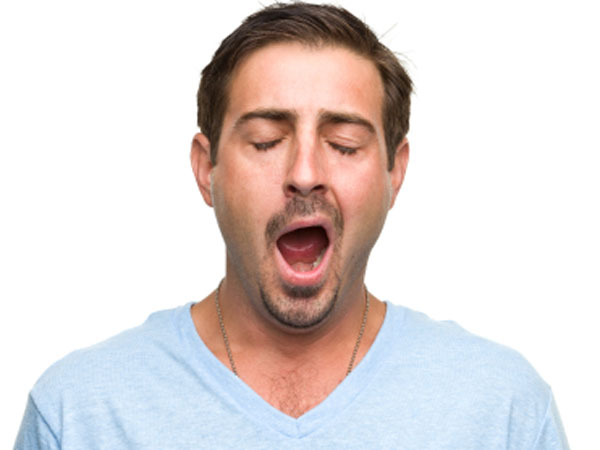
Sleep — Probably the most important step in getting the clean–up campaign right. One thing which works like a dream is ‘restful sleep’. During sleep, our body works at detoxifying our system and sweeps it clean of all the damage done during the day. Most importantly, it works at restoring our hormonal balance and spikes up the immune system to cope with the next day’s work. Good sleep is linked to good appetite control which means it ensures that you don’t binge the next day and works backwards at reducing our guilt associated with binge eating.
Food — Eating every two hours is not half as difficult as it seems and works wonderfully at reducing our chances of overeating. Having fruits, nuts or wholesome homemade breakfast within 15 minutes of rising helps nourish the system and a well–nourished system is less likely to drown itself in tea,coffee or ‘social drinking’. It is also more likely to feel hungry often in the day.
Staying in touch with your body’s hunger signals and feeding it according to its needs is the crucial aspect of preventing the unhealthy ‘fasting and feasting’ eating pattern, now well established as the classic pattern of creeping obesity (10 kilos in five years syndrome).
Exercise — We owe our body some movement. It’s not designed for a sedentary lifestyle. Be it a Marc or a cycle, both ought to be used at their optimum working levels. Exercise improves blood and nutrient flow to the cells and removes (and recycles) toxins.
It’s an effective way of nourishing and cleaning our system. Hence, people who workout regularly have a clearer stomach, ruling out the panic mode which often compels people to opt for enemas. We must be able to naturally and efficiently let go off the waste products.
A forced expulsion via pills/ powders/ steam/ sauna may not only make us run to the loo multiple times a day but also wash off the important Vitamin B and intestinal flora and fauna. Lost flora and fauna leads to more toxicity because of impaired digestion – the exact opposite of what you expected.
A regular workout stimulates what is called the ‘larger than life kidney’ or the ‘third kidney’ of the body – the skin. The process of sweating as a result of exercise is the best detox for your body.
State of Mind -– An obsession with weight or trying to squeeze into a particular size of clothes speaks volumes of the mind’s imbalance. When the attitude is that of mindless compliance to a fitness or fashion trend, the damage is done even before you subject yourself to a fad diet.
Detoxification begins when the mind accepts the body exactly the way it is and nourishes it out of a sense of responsibility and joy instead of depriving it out a sense of shame and punishment.
Source: Daily Inspirations for Healthy Living




